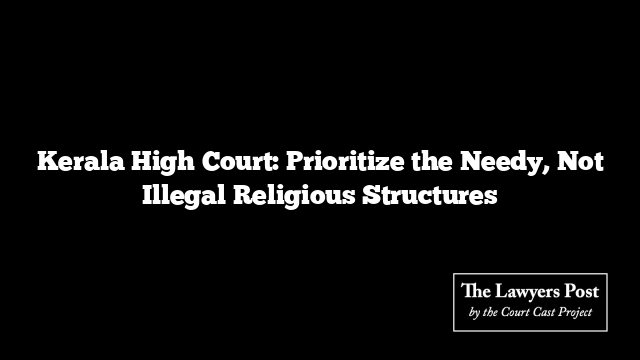In a landmark decision, the Allahabad High Court has affirmed that interfaith couples wishing to marry without converting religions can do so under the Special Marriage Act.
Justice Jyotsna Sharma made this observation while providing protection to a live-in couple who were under threat due to their relationship.
The State argued against the plea, stating that the couple’s agreement-based marriage was invalid under the law, and therefore, they were not entitled to protection.
However, Justice Sharma refuted this argument. “Marriage through an agreement is invalid in law, but the law permits the parties to apply for court marriage under the Special Marriage Act without conversion,” she stated in her May 14 order.
The couple had expressed their intent to marry under the Special Marriage Act, emphasizing that they did not wish to change their religions. They sought protection to proceed with the registration of their marriage.
A supplementary affidavit from the couple affirmed their commitment to their respective religions and their desire to marry legally. The Court acknowledged their maturity and their serious intent to enter into a lawful matrimonial relationship.
The Court directed the couple to take steps to formalize their marriage under the Special Marriage Act and to provide documentary proof by the next hearing on July 10.
In a contrasting judgment, the Madhya Pradesh High Court recently ruled that a marriage registered under the Special Marriage Act would still be invalid if it contravened Muslim personal law. This ruling denied protection to an interfaith couple, declaring their marriage irregular under Mahomedan law.
The Allahabad High Court’s ruling thus stands as a significant assertion of the Special Marriage Act’s provision for interfaith marriages without religious conversion.





